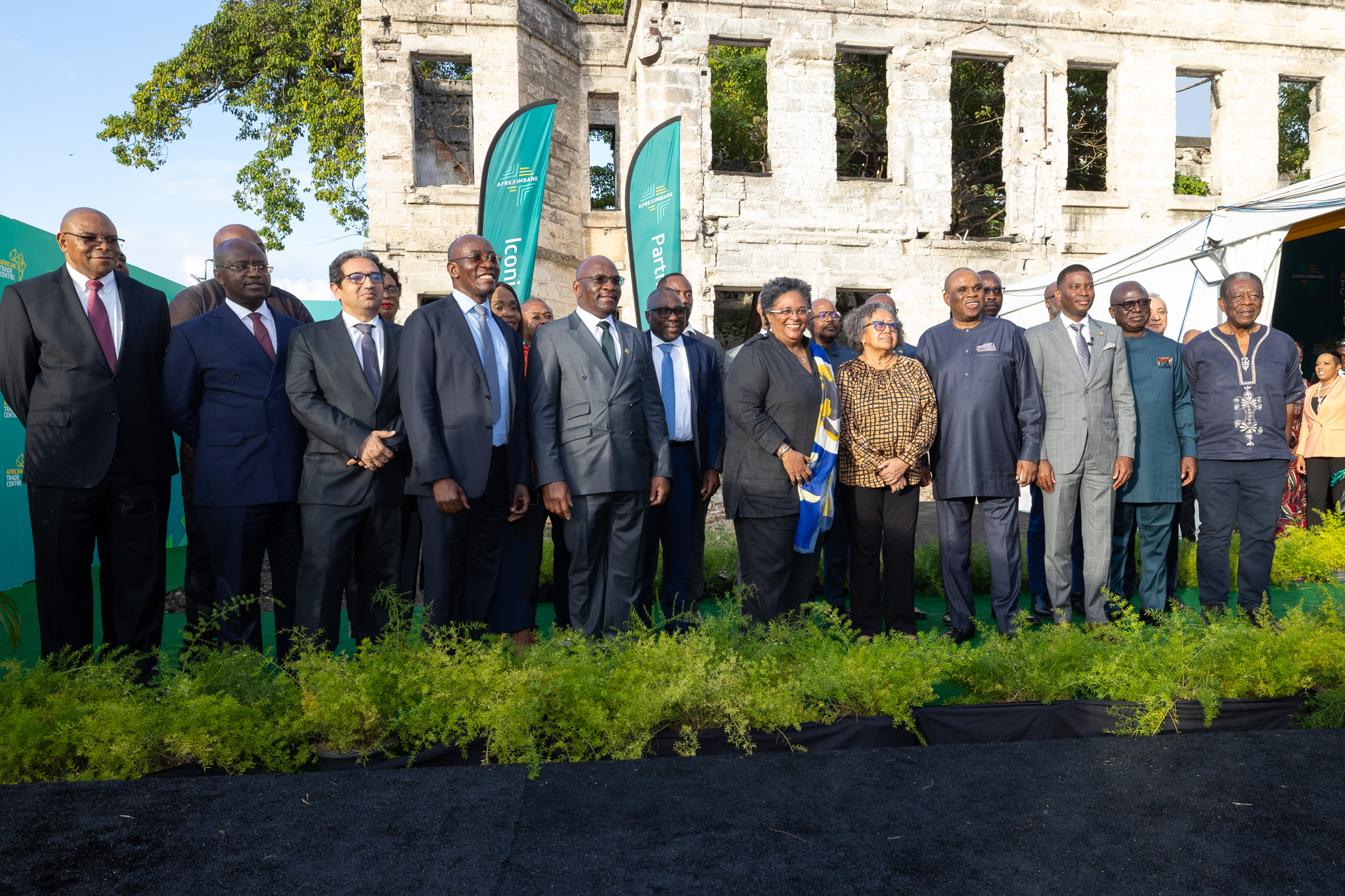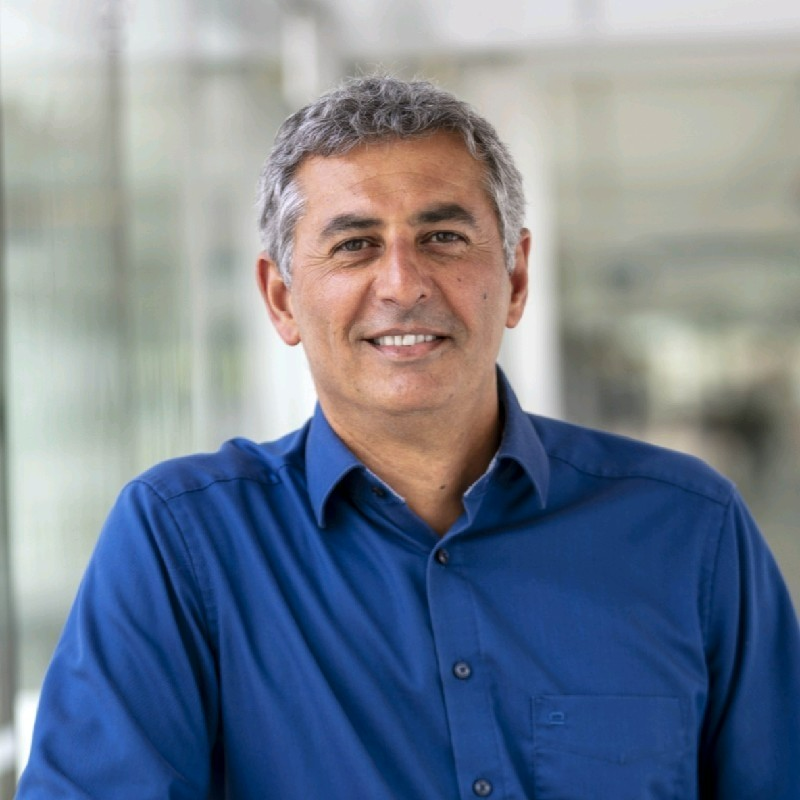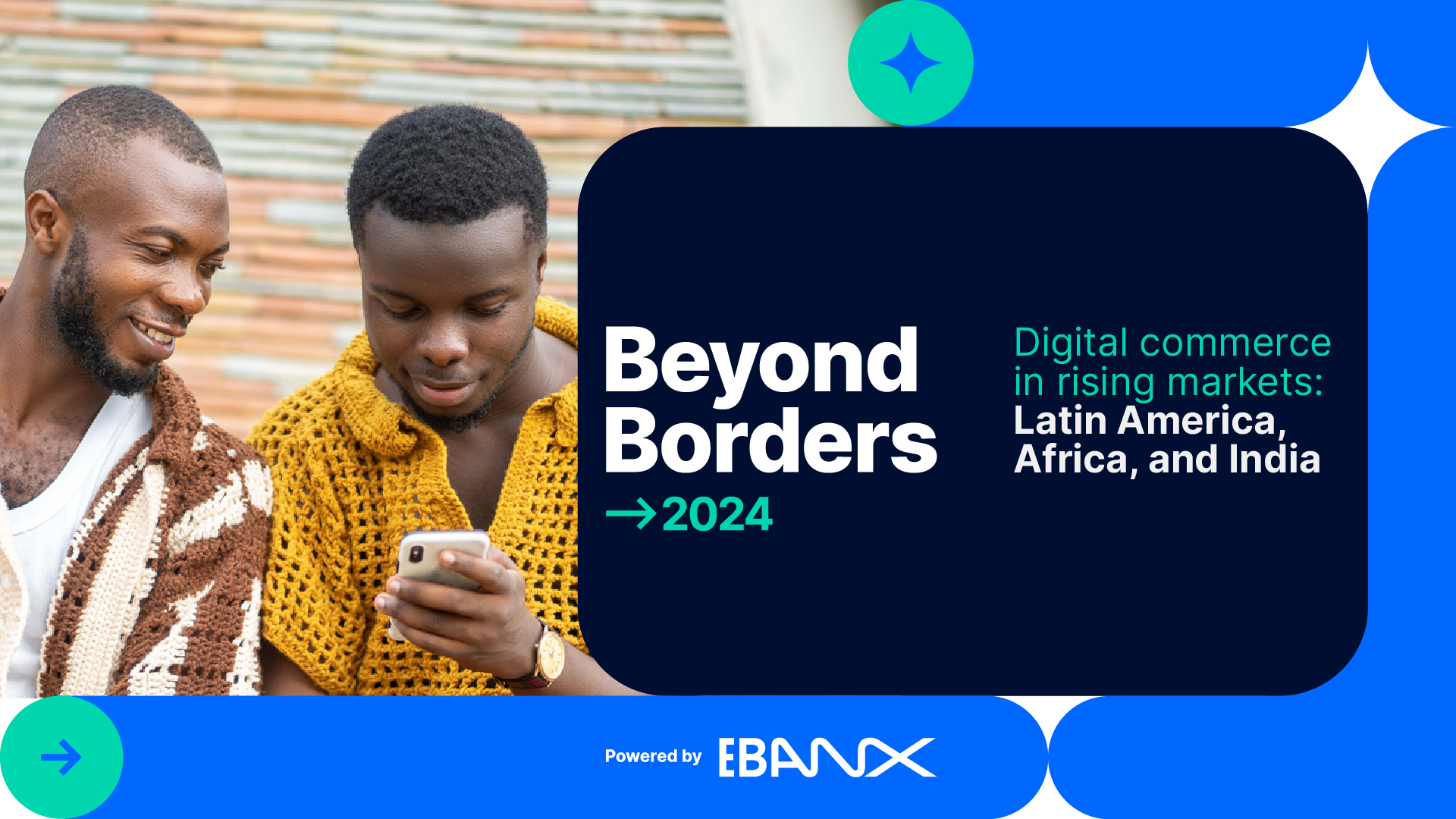BRIDGETOWN, Barbados, March 25, 2025/ — African Export-Import Bank (Afreximbank) (www.Afreximbank.com/), Africa’s leading Multilateral Financial Institution, made history today when it broke ground on its first-ever state-of-the-art Afreximbank African Trade Centre (AATC) in the Caribbean, marking a pivotal moment for trade relations between Africa and the CARICOM region.
The US$180 million Barbados AATC, the first to be established outside Africa, is an authentic icon of trade embodying the ambition, resilience, and influence of leading commercial cities in Africa and the Caribbean that serve as dynamic focal points for commerce, fostering regional and global trade connections.
It is expected to enhance intra-and extra-African trade, with a focus on countries of the Global South through Afreximbank’s Global Africa initiative.
To facilitate the construction of its iconic AATC in its capital, Bridgetown, the government of Barbados granted Afreximbank 6.4 acres of land at Jemmotts Lane, the former Ministry of Health headquarters.
Upon completion, the business complex will house Afreximbank’s CARICOM office, a conference facility, a technology and SME incubator, a Digital Trade Gateway, 100 room hotel, and a trade and exhibition centre, as well as office spaces for local, regional and international financial and policy organisations.
This groundbreaking event marks the official commencement of construction for this historic project and is a significant step in Barbados and CARICOM’s journey towards economic advancement and regional integration.
Afreximbank initiated the AATC concept following a 2018 Board decision to create trade facilitation hubs in key commercial capitals across Africa.
These hubs will provide integrated trade information, services, finance, and ancillary facilities. Nine leading commercial cities were subsequently selected to host the network of AATCs across Africa and the Caribbean. They include Abuja (Nigeria), Harare (Zimbabwe), Kampala (Uganda), Cairo (Egypt), Abidjan (Cote d’Ivoire),Yaoundé (Cameroon), Bridgetown (Barbados), Kigali (Rwanda) and Tunis (Tunisia).
They will serve to link buyers, sellers, suppliers, service providers, enterprises, governments, chambers of commerce, financial institutions, economic development organisations and the general African and global trade and investment community.
Delivering the keynote address during the event, The Honourable Mia Amor Mottley, Prime Minister of Barbados and Chairman of the Caribbean Community (CARICOM), highlighted the site’s historical significance as the location of Barbados’ first hospital, opened in 1844 to look after the health of emancipated slaves.
“My government stands proud here today to be able to bring in to the pantheon of financial institutions in this country, Afreximbank, not simply as an entity that is leasing a building from somebody for an office, but as an institution ready to lay roots and foundations in this country – the first AATC outside of Africa, just like Barbados was the first hub (for slaves) outside of the continent of Africa, and in so doing, we send the signal that we intend to be able to reclaim our Atlantic Destiny.”
She added: “Professor Oramah, I ask you to accept, on behalf of Afreximbank, this clear offer from the Government of Barbados to make available this gesture of over two hectares of land to ensure that the investment will bring jobs to the people of Barbados; that it will bring foreign exchange and investment opportunities to the people of Barbados and the region.”
Speaking during the groundbreaking, Prof. Benedict Oramah, President and Chairman of the Board of Directors of Afreximbank, thanked the Hon. Mia Mottley, her government and its people for the warm welcome and for being a strong agent for the reunification of Global Africa and hosting Barbados AATC that will also serve as Afreximbank’s regional CARICOM office.
Prof. Oramah said: “The Barbados AATC will serve as the gateway for Afri-Caribbean trade and investments, creating opportunities for doing business with the Caribbean and for Caribbeans doing business in Africa.
He expressed confidence that the project would deliver tangible positive economic, community and social impact to Barbados and the Caribbean region by enhancing trade and fostering sustainable development.
Prof. Oramah assured the Prime Minister and other leaders present that Afreximbank remained committed to supporting the economic growth and prosperity of Africa and the Caribbean by attracting investments, removing barriers to trade and reshaping the narrative of business in the region.
The event also featured the official handover of the land for the project from the Government of Barbados to Afreximbank. Construction of the complex is projected to take approximately 30 months, generating around 1,000 direct and indirect jobs during this phase.
Additionally, about 50 SMEs will benefit from business opportunities as subcontractors and suppliers of construction materials, labour, and other services. Upon completion, the facility will create 300 permanent jobs, significantly contributing to employment.
The facility will include a hotel, which will boost the supply of hotel rooms in Barbados, critical for tourism promotion. It will also house the Bank’s office as well as lettable office spaces, which are expected to be occupied by Caribbean businesses as well as African Banks and businesses that are already beginning to do business in CARICOM.
Afreximbank has extended its credit lines to CARICOM to the tune of US$2.5 billion, aiming to bolster the region’s development, particularly on the backdrop of Guyana and Suriname’s new oil discoveries, expected to impact the entire region once fully commercialised.
In 2024, the Bank provided Barbados with US$25 million for its Cricket World Cup sports complex refurbishment, and currently has deals worth US$500 million in the pipeline.
Meanwhile, Hon. Dickon Amiss Thomas Mitchell, Prime Minister of Grenada, noted that in the very short period since the Bank landed by choice on the shores of the Caribbean, the region has benefitted tremendously.
PM Mitchell added: “Grenada will follow Barbados, Guyana and The Bahamas, hosting on July 28 and 29 the Afreximbank Trade and Investment Forum in Grenada. And we do so cognisant of the economic opportunities, trade, investment, financing, the movement of our people, our goods and services between the continent of Africa and the Caribbean.”
Also participating in the groundbreaking ceremony was Dr. Carla Barnett, Secretary General of CARICOM, Afreximbank’s Board Members, the Bank’s Senior Executive Vice President and Vice Presidents and several other notable local and regional government officials and business leaders.
Media Contact:
Vincent Musumba
Communications and Events Manager (Media Relations)
Email: press@afreximbank.com








